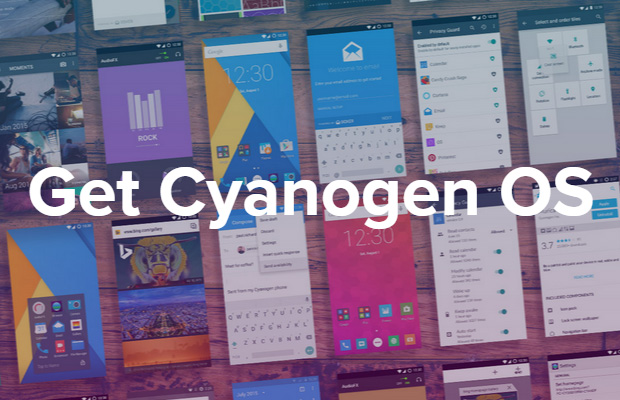Microsoft To Bake Cortana Integration Directly Into Cyanogen OS
It's no secret that Cyanogen OS co-founder and CEO Kirt McMaster wants to disrupt the mobile market with what he perceives as a better version of Android. He's made comments in the past that, when repeated today, cause investors to squirm, though beyond his unwavering confidence in Cyanogen OS exists a plan of action. Part of that plan includes integrating Microsoft's Cortana digital assistant into the next version of Cyanogen OS.
Actually, it's more than just part of his plan, it's a key component. McMaster understands that the mobile OS market is currently a two-participant race -- Android and iOS (in that order). Yes, Windows Phone is another mobile platform trying to carve out market share, but as McMaster bluntly points out to International Business Times, "people are not buying Windows phones; it's as simple as that."

Market share data backs his claim, though knowing that Android and iOS dominate the market won't help Cyanogen OS become a contender. It's crucial to understand why the two OSes stand head and shoulders above the rest, especially since Cyanogen OS isn't the first to come around with ambitions of competing at the upper end of the market share spectrum.
For McMaster, it's about sticking with what works and separating yourself from the pack. He points out that Cyanogen isn't a fork of Android, and instead is "fully compliant with the existing Android eco-system." That's the first part. The second is adding Cortana, but at a deeper level that what's currently available on Android.
While he wouldn't go into detail, you can expect Cortana in Cyanogen OS to dig its hooks deeper into the OS than the Android apps that's available for Android. This will allow users to do more with Cortana than what's currently available on Android, and it will give Cyanogen OS something to market.
It's a solid plan, now it's up to McMaster and company to execute it.
Actually, it's more than just part of his plan, it's a key component. McMaster understands that the mobile OS market is currently a two-participant race -- Android and iOS (in that order). Yes, Windows Phone is another mobile platform trying to carve out market share, but as McMaster bluntly points out to International Business Times, "people are not buying Windows phones; it's as simple as that."

Market share data backs his claim, though knowing that Android and iOS dominate the market won't help Cyanogen OS become a contender. It's crucial to understand why the two OSes stand head and shoulders above the rest, especially since Cyanogen OS isn't the first to come around with ambitions of competing at the upper end of the market share spectrum.
For McMaster, it's about sticking with what works and separating yourself from the pack. He points out that Cyanogen isn't a fork of Android, and instead is "fully compliant with the existing Android eco-system." That's the first part. The second is adding Cortana, but at a deeper level that what's currently available on Android.
While he wouldn't go into detail, you can expect Cortana in Cyanogen OS to dig its hooks deeper into the OS than the Android apps that's available for Android. This will allow users to do more with Cortana than what's currently available on Android, and it will give Cyanogen OS something to market.
It's a solid plan, now it's up to McMaster and company to execute it.

